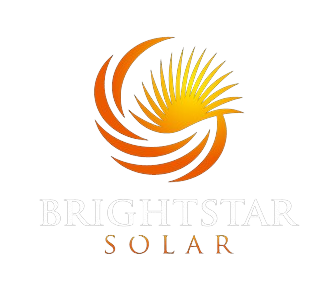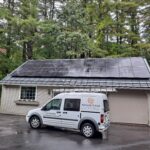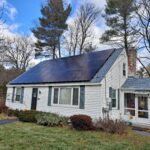Massachusetts announced changes to the Commonwealth Solar Rebate program going forward. Specifically, these changes will go in effect for Block 9 and 10 of the program for the first half of 2012.
MAJOR CHANGES:
– More Funding = More Rebates for Solar Projects
The next two installments of the program will each have a $1.5 million of funding, up from $1 million in funding in 2010.
– Average Rebates Will be Smaller Than 2010
The new rebate levels for Block 9 and 10 are as follows:
Base Incentive – $0.40 per watt (DC @ STC)
Massachusetts Company Components Adder – $0.05 per watt (DC @ STC)
Moderate Home Value Adder OR Moderate Income Adder – $0.40 per watt (DC @ STC)
Disaster Relief Adder – $1.00 per watt (DC @ STC)
NOTE: Rebates are calculated on the first 5 kW of capacity
– All Projects under 15 kW May Apply
Although incentive levels are reduced, the solar electric industry has seen a large drop in equipment prices. This has allowed the return of the investment to remain the same as last year while increasing the number of projects that the solar rebate can fund. A rebate block is available until the end of the calendar quarter or when its funds are exhausted. As a Massachusetts solar installer, I was seeing these blocks of funds dry up in a matter of weeks. Now, I’m hopeful the adjustment will bring increased stability to the rebate program.
In Block 7 and 8 any residential project (no matter the size) and any commercial project under 10 kW were eligible for rebates. The Massachusetts Clean Energy Center (MassCEC) has now ruled that any project below 15 kW, no matter if is commercial, residential, or public, may apply under the solar rebate program. Not many commercial PV projects were funded by the rebate program last year because of the 10 kW cap. Perhaps a few more applications will roll in based on the change.
– Add-on Rebates Are Available
In the past, add-on rebates were not available under the program. They are now available for projects where the initial capacity was below 5 kW. For example, if a customer previously received a Commonwealth Solar II rebate for 3kW of capacity on a system, they would be eligible to install an additional 15kW of capacity, but only 2kW of capacity would be eligible to receive a rebate, bringing the total rebated capacity to 5kW.
– Projects Are on a Per Property Basis
Rebates are accepted on a per property basis, no longer on a per building (or per ground-mounted system) basis. If a customer is looking to install a photovoltaic project that will span multiple buildings or ground-mounted systems on their property, they will submit one application to the rebate program.
– Disaster Relief Adder
In all honesty, I think the Disaster Relief Adder was available for Block 8. To qualify, the solar installation must be located in one of the eleven communities officially affected by the June 1, 2011 tornado in Western Massachusetts. The eligible communities are: Brimfield, Charlton, Hampden, Monson, Palmer, Southbridge, Springfield, Sturbridge, West Springfield, Westfield, and Wilbraham. The homeowner must also have official documentation from FEMA, MEMA, or an insurance company documenting damage from the tornado (or other back-up information reasonably requested by MassCEC).
– Community Solar
I don’t have the MassCEC’s official definition of a community solar project, but my understanding is a condominium building may be a good representation. Previously, a commercial project (or residential project with 3 or more units) was calculated on a per building basis – one rebate for one building. Leveraging the MassCEC’s community solar classification, each member-host customer’s portion is capped at 15 kW. Installers must contact Commonwealth Solar to discuss a Community Solar project in advance of submitting an application.
If want to learn more about the newest block of Massachusetts solar rebates, our team can help guide you through the new program. Rebates are just one of many incentives available for businesses and homeowners in Massachusetts. Rebates are not available for do-it-yourself projects and you will have to involve a solar professional to qualify. Brightstar Solar is a licensed Massachusetts solar installer with experience working with the Massachusetts Clean Energy Center. Please reach out to us if you’re interested in a complimentary solar evaluation and free estimate for your home or business.







